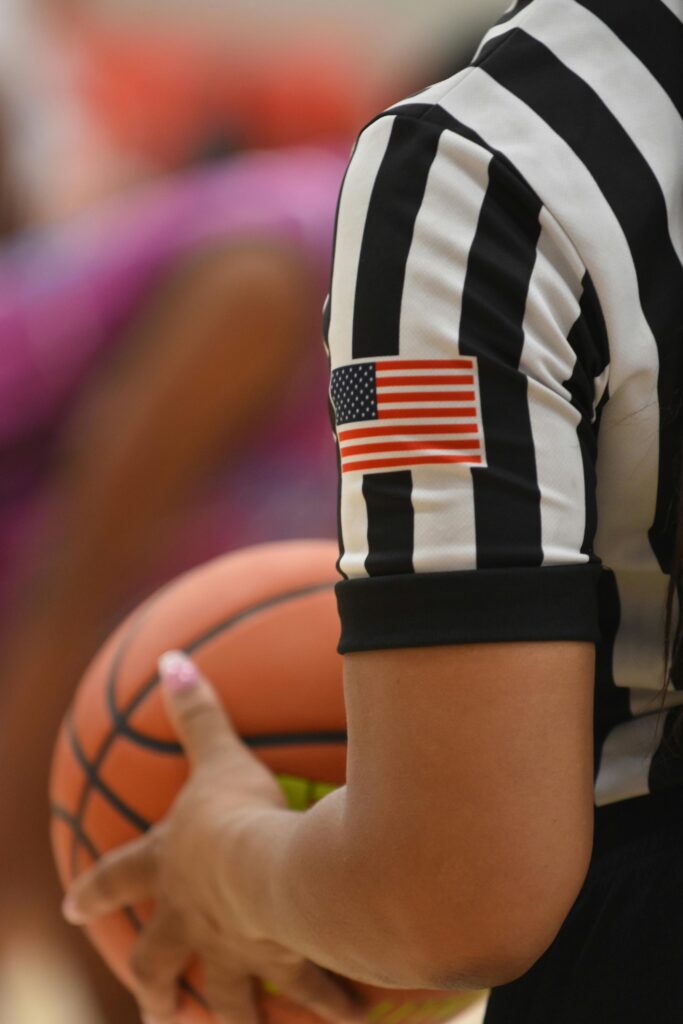Sports officials play a vital role in the development of young athletes and the overall experience of youth sports. Here’s an overview of what being a youth sports official entails:
Responsibilities
Enforcing Rules: Officials must understand and apply the rules of the sport effectively to ensure fair play.
Managing Games: They oversee matches, coordinating between teams, coaches, and players to maintain order and sportsmanship.
Making Calls: Officials must make quick decisions on various plays, fouls, and infractions, often under pressure.
Educating Young Athletes: Many officials take the time to explain calls and rules to players, helping them learn and grow in the sport.
Maintaining Safety: Ensuring the safety of all participants is paramount; officials monitor the game for any dangerous behavior or situations.

Skills Required
Knowledge of the Game: A strong understanding of the rules and regulations specific to the youth level is essential.
Communication Skills: Being able to clearly communicate decisions to players, coaches, and spectators is crucial.
Conflict Resolution: Officials must handle disputes calmly and assertively, often mediating between differing perspectives from players and coaches.
Physical Fitness: Depending on the sport, officials may need to be physically active and mobile to keep up with the game.
Pathways to Becoming a Sports Official
Understand the Sport: Familiarize yourself with the specific rules and dynamics of the sport you’re interested in officiating.
Obtain Certification: Many regions require officials to complete training and become certified through local officiating associations or governing bodies.
Gain Experience: Start officiating at lower levels, such as recreational leagues, to build confidence and skills.
Network: Connect with experienced officials and organizations for mentorship and opportunities.
Continue Education: Attend clinics and workshops to stay updated on rule changes and best practices in officiating.

Benefits of Being a Sports Official
Contribution to Community: You help provide a safe and fair playing environment for young athletes.
Personal Development: Officiating can enhance leadership skills, decision-making, and conflict resolution abilities.
Flexible Scheduling: Many officiating opportunities allow for flexible hours, making it a good option for those with other commitments.
Staying Active: It’s a great way to stay involv